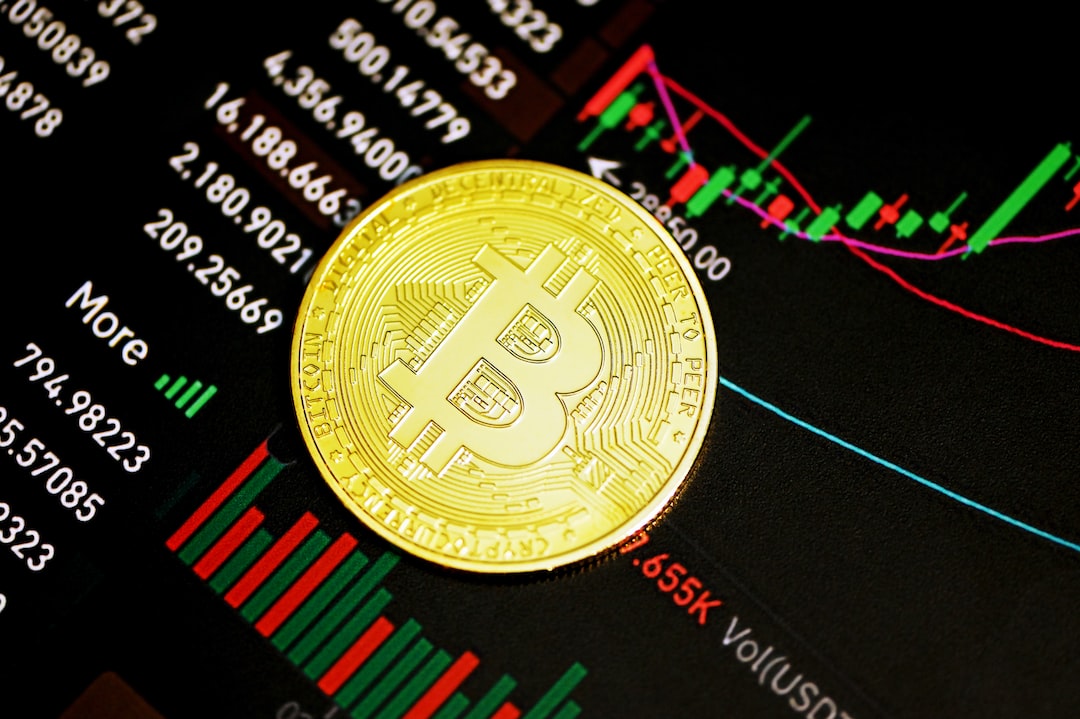The European Union Enhances the European Central Bank’s Role in Overseeing Climate Risks and Digital Assets in the Banking Sector
The European Union (EU) is expanding the responsibilities of the European Central Bank (ECB) to include overseeing climate risks and digital assets in the banking sector. This move is in response to the increasing risks associated with climate change and the growing field of digital assets.
Under the new mandate, the ECB will now supervise banks’ strategies for transitioning to a net-zero carbon economy over the next three decades. This places the ECB at the forefront of ensuring banks are prepared and adapting to environmental changes, which is crucial given the potential financial risks of climate change.
In addition, the ECB’s jurisdiction will extend to include the supervision of bank-owned crypto asset services. This reflects the rising importance of digital assets like Bitcoin (BTC) in the financial landscape and the need for strong regulatory frameworks to manage risks such as money laundering.
Bringing European Banking Regulators Together on Climate-Related Issues
This expansion of powers will harmonize the approach of European banking regulators towards climate-related issues. Previously, there was disagreement over how aggressively the ECB should enforce climate-related policies, with some board members cautious about exceeding their mandate.
The reform also empowers the ECB to oversee operational leasing businesses owned by banks. While not traditionally a regulatory focus, these businesses present unique challenges, as seen with issues like IT integration at Societe Generale SA’s LeasePlan.
EU’s Decision Aligns With Broader Regulatory Adjustments
The EU’s decision to strengthen the ECB’s role comes amidst broader regulatory adjustments. There has been a scaling back of international standards for bank capital that were initially drafted after the 2008 financial crisis. Additionally, reforms have not fully met the ECB’s expectations regarding the vetting processes for senior bank leadership.
Hot Take: EU Empowers ECB to Oversee Climate Risks and Digital Assets in Banking
The European Union is taking proactive measures to address the risks posed by climate change and digital assets in the banking sector. By expanding the European Central Bank’s responsibilities, the EU is ensuring that banks are prepared for the transition to a net-zero carbon economy and effectively managing digital assets like Bitcoin. This move not only strengthens regulatory frameworks but also brings European banking regulators together on climate-related issues. As the financial landscape evolves, it is crucial to have robust oversight and supervision to mitigate risks such as money laundering. The EU’s decision aligns with broader regulatory adjustments, emphasizing the need for effective governance in the banking industry.





 By
By
 By
By
 By
By
 By
By
 By
By
 By
By